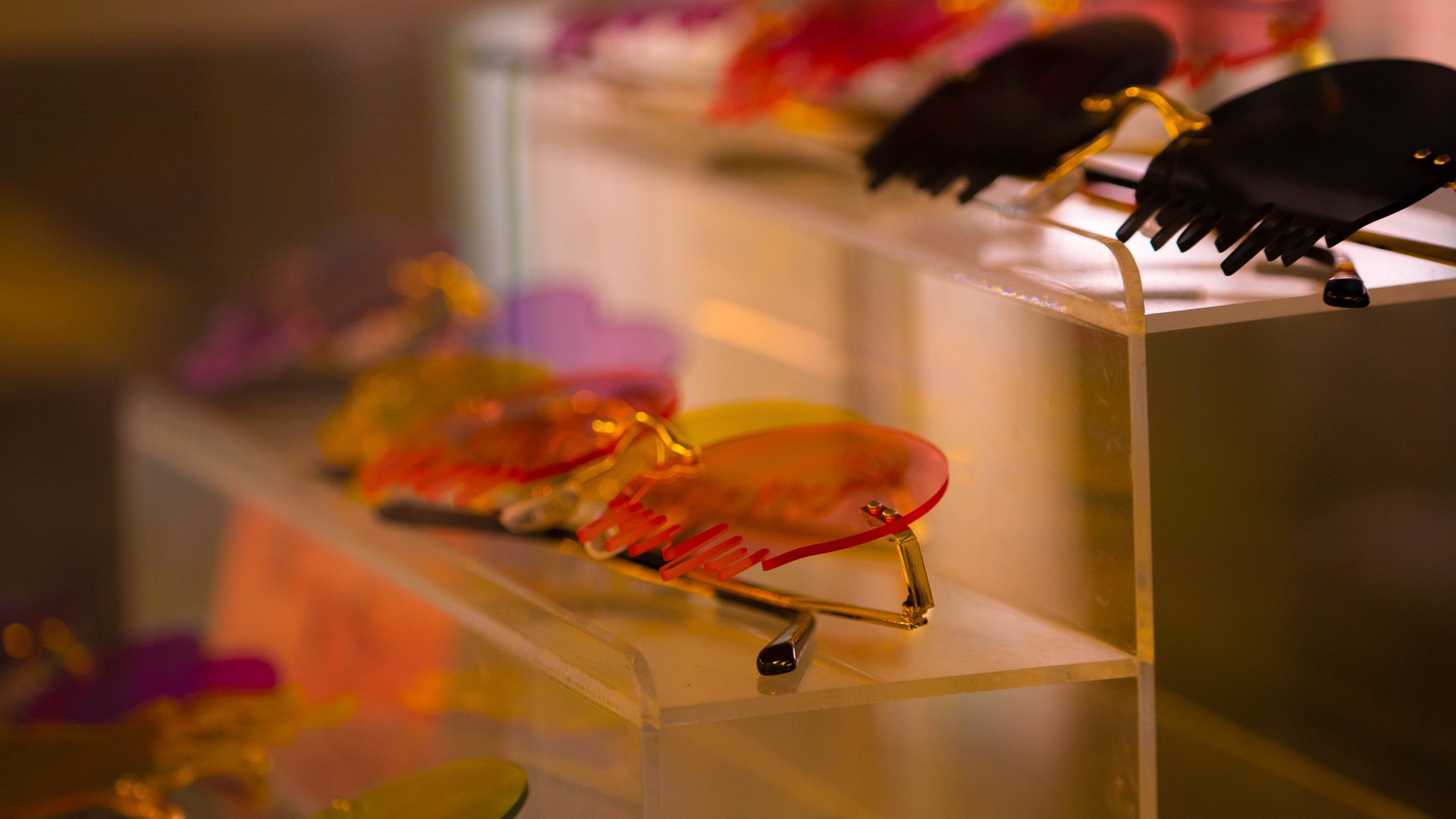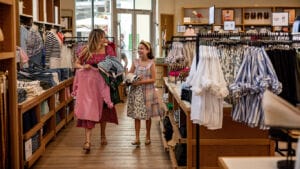Being an environmentally friendly consumer means more than recycling paper and avoiding plastic. For those who avoid fast fashion – cheap, trendy items that often come from sweatshops – thrift and resale/trade shops have offered a smart way to shop.
Although the COVID-19 pandemic changed how such stores could operate, Goodwill locations and smaller shops have been regaining their footing in recent months. About 16% to 18% of Americans indicated they will shop at a thrift store at some point during a given year, according to an August 2020 report by the Association of Resale Professionals, the largest trade group for resellers. Economic pressure and job losses during the pandemic increased demand for secondhand goods, too.
READ ALSO: Ranking Arizona: Top 10 consignment shops for 2020
When COVID-19 shut down much of the economy a year ago, more than 100 Goodwill stores in northern and central Arizona had to lay off workers, but spokesperson Courtney Nelson said 70% have been hired back.
“We are a nonprofit organization in addition to a thrift store, so the revenue directly from our stores goes to helping people here in the community,” Nelson said.
Goodwill says it provided no-cost career development, training and education services for 24,000 people in central Arizona in 2020.
“Our services are critical during this pandemic,” she said. “There’s a huge need in our community for people who either need to get back to work or need additional resources, so there’s a huge need for the community to provide those material resources.”
At the beginning of the pandemic last March, Goodwill closed its Arizona stores, waiting to reopen until it could ensure safety and hire for additional cleanings.
“In early April, we were deemed an essential business by the state and then decided to begin taking touchless donations,” Nelson said, noting the stores reopened safely, with masked employees and regular disinfection of stores.
Goodwill stores weren’t the only thrift shops to make changes during this unprecedented time. The retro thrift store Rocket a Go-Go in Tempe also adapted to the pandemic and have seen a boom in business since.
Over the past nine years, Rocket a Go-Go has offered shoppers retro-grunge clothing from the 1950s to the ’90s. Last April, owner RoseAna Dodge and her staff realized that giving customers confidence in used clothes during a pandemic meant taking precautions.
“We closed for the standard amount of time, and we weren’t taking (clothing) donations then,” she said. “But we started taking them again once we reopened, and we process them for a week before we put the items on the shelves so that everything can be properly sanitized.”
Dodge was afraid customers would stay away during the pandemic, but as time went on business grew.
“We were actually able to expand the store over the summer, and it’s gone over extremely well,” she said. “Word of mouth has been crazy over the course of this pandemic. We’ve had so many people say they came in because they heard about us from a friend, it’s amazing.”
A great deal of business came in during the holiday season, she said, with most people opting to “treat themselves.”
“A lot of people were coming in looking to purchase items for themselves,” Dodge said. “Since so many individuals weren’t planning on seeing their families, they came in and decided to gift themselves with items from our shelves.”
While a decent portion of the population opts to shop at thrift and resale locations, there is still a chunk of consumers who more often purchase from fast fashion companies.
With this increased need for more sustainable methods of shopping, Goodwill in particular has been able to adapt to this supply and demand increase fairly quickly.
“People continue to drop their things off and we’re able to get it cleaned and processed and on our shelves within the week,” Nelson said. “As long as people continue to contribute, we can still provide all of our services that are very much needed during this time.”
Story by Sabrina Kenoun, Cronkite News




